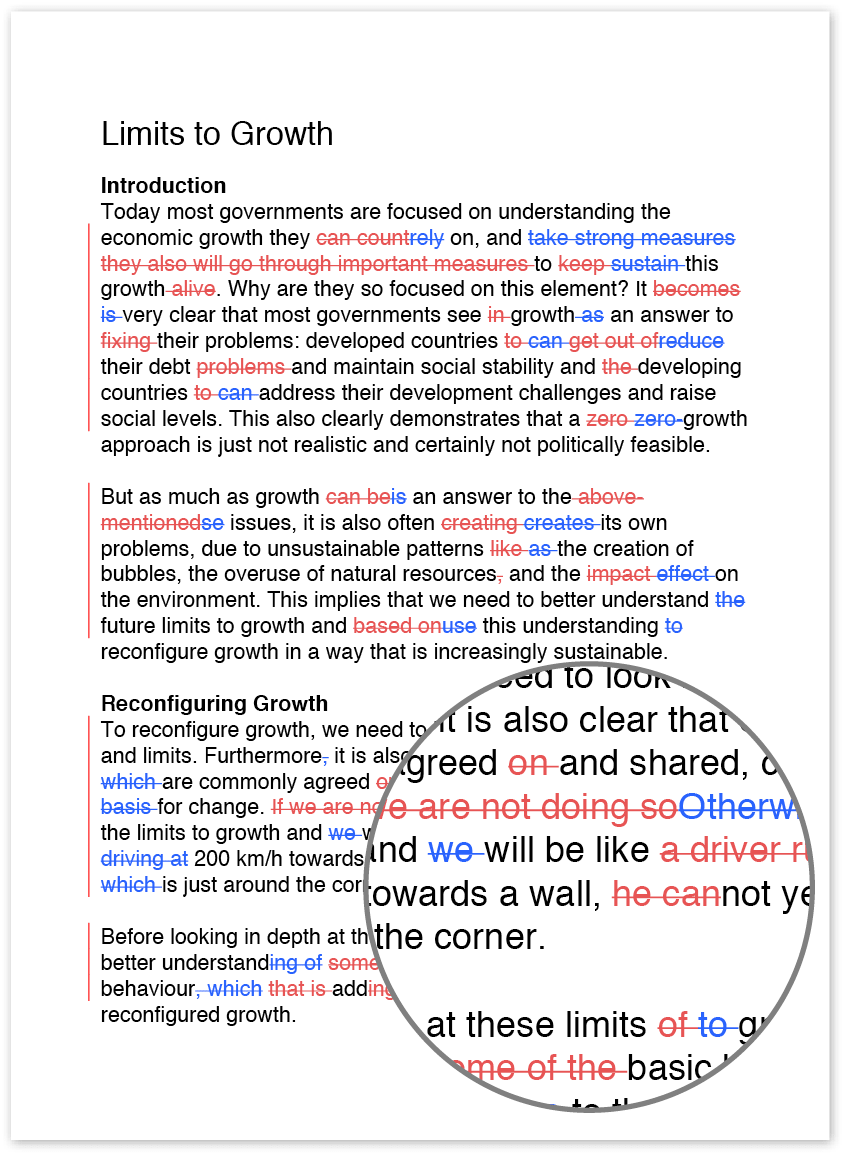Writing an academic journal article
In many fields, career advancement depends on a record of publishing articles in reputable journals. However, some academics aren’t sure how to go about writing such an article for publication. Here we’ll give you some useful tips for writing an article and getting published.
There are two approaches to writing an article for an academic journal. The first is to develop a research topic or question, write the article, and then find a journal to submit that paper to. The second is to choose a journal and check its guidelines to determine what kinds of articles the editors are looking for; once you know what kinds of articles the editors want, you can start writing your article. Which approach you choose depends on whether you have a specific topic that you want to write about or you have a specific journal in which you want to be published.
If you select a target journal, review some back issues to evaluate articles that were selected for publication. Think about what kinds of contributions those articles make to the field, the authors’ writing styles, what kinds of research questions are regularly covered, etc.
Once you have a research question, make sure it is one that other scholars and researchers will find interesting. Consider what new information you can provide on the topic to differentiate yourself from any other articles on that same topic. In addition, think about how the information you can provide will help others in your field. The best way to determine whether your research question is innovative and useful is to conduct an extensive literature review to see what other authors are saying about the topic.
As you write your paper, remember to follow basic guidelines for writing a research paper and use formal academic English. If you have a target journal, make sure you adhere to that journal’s organizational and formatting guidelines. If you do not have a target journal, be prepared to change the style, organization, formatting, etc. when your article is accepted to a journal.
Make sure you include support for all your arguments and ideas, and don’t forget to include any necessary background information. This information will make your paper easier to read for people who may not have an in-depth understanding of your topic. In addition, make sure your paper answers your research question and discuss how your findings will affect others in the field.
Don’t forget to provide citations and references for all information you get from other sources.
Before you submit your paper, edit and proofread your work. Make sure you don’t have any errors in the text. This includes grammar, spelling and punctuation errors as well as errors in your formulas, misattributed quotes, and missing information. Try having a colleague or an editor look over your work to check for mistakes or unclear information.
If your paper is rejected by your target journal, don’t fret. It may be that the editors just aren’t looking for papers on that topic at that time. If the editors or reviewers give you specific suggestions for reworking the paper, make the suggested changes and then try submitting it again. Alternatively, try submitting it to similar journals.

